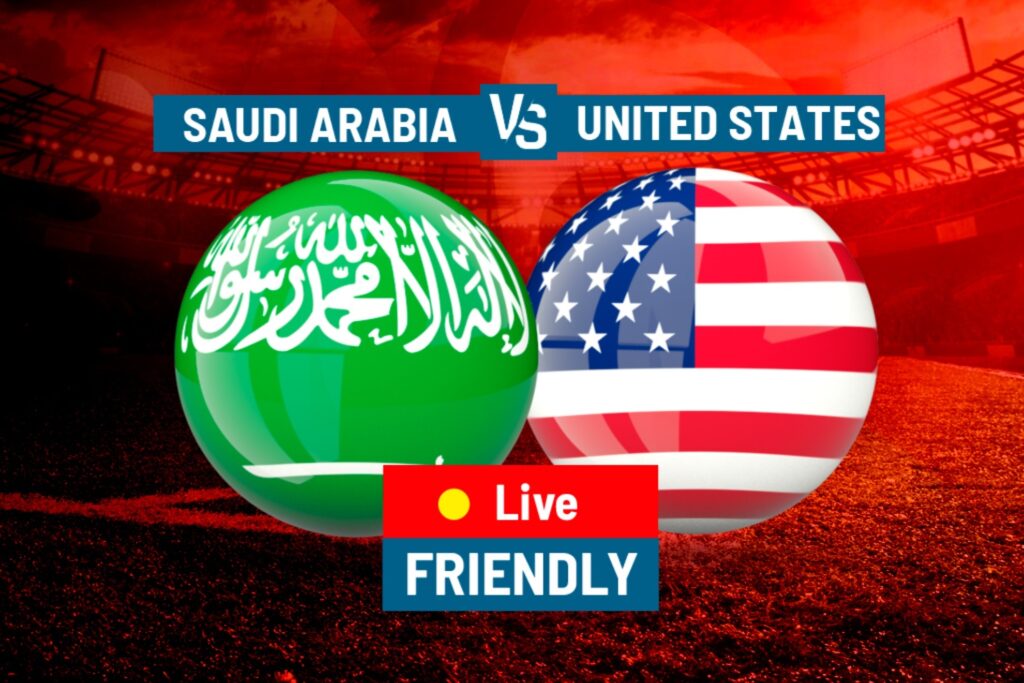
Introduction
The relationship between Saudi Arabia and the United States is a significant topic in international relations, reflecting a complex history of cooperation as well as contention. With ongoing geopolitical shifts, understanding the dynamics of Saudi Arabia vs USA is critical for grasping current global events.
Key Developments in Their Relationship
The ties between Saudi Arabia and the USA date back to the 1940s, primarily centered around oil and security. The Saudi oil wealth has been pivotal in shaping U.S. policy in the Middle East, as the U.S. has sought to ensure stable oil supplies. However, recent years have seen rising tensions over issues such as human rights, the war in Yemen, and the Abraham Accords.
In recent months, high-profile disagreements have surfaced, influencing both diplomatic relations and economic engagements. The U.S. has criticized Saudi Arabia for its human rights record, particularly relating to the treatment of women and the killing of journalist Jamal Khashoggi. Conversely, Saudi leaders have expressed concern over U.S. military support and what they perceive as a lack of commitment to their security in light of threats from Iran.
Economic Ties and Trade Relations
Despite political tensions, the economic relationship remains resilient. The U.S. remains one of Saudi Arabia’s largest trading partners, particularly in defense and technology sectors. As of 2023, the U.S. exported goods worth approximately $14 billion to Saudi Arabia, mainly in machinery, electronics, and military equipment, which underscores the strategic importance of this partnership.
Recently, with the global shift towards renewable energy, Saudi Arabia has proactively sought partnerships with other countries, including China and Russia, for technology transfer and investment. This pivots the conversation towards energy transition, resonating with growing global concerns about climate change.
Conclusion
Overall, the Saudi Arabia vs USA relationship is characterized by a delicate balance of interests. While the two nations benefit from strong economic ties, underlying issues threaten to destabilize their long-standing partnership. Looking ahead, it’s likely that both countries will need to navigate these complexities carefully, weighing diplomatic communications against their strategic goals. With an increasingly multipolar world order, the implications of these dynamics will undoubtedly shape the geopolitical landscape for years to come.



